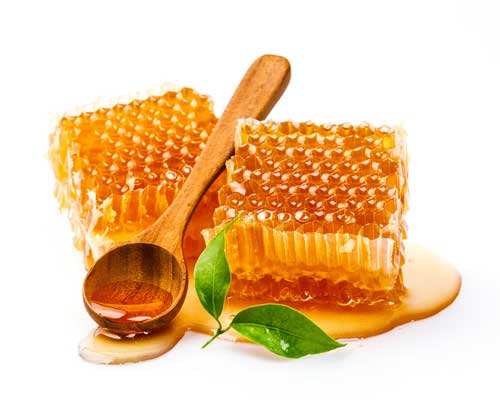The Health Benefits Of Honey Are Numerous
Healthcare

1. It is a natural sweetener
In addition to honey, there are other natural sweeteners that can replace it in recipes and drinks. These include agave syrup and maple syrup, both of which have similar properties as honey.
Agave syrup is a plant-based product that has a similar flavor, texture, and consistency as honey. It is popular in Asian foods, but it is not safe to give to infants because it can cause bacterial spores to enter the body and lead to the development of infant botulism.
In addition to honey, molasses and maple syrup also have significant health benefits, including their ability to reduce cholesterol levels and prevent tooth decay. Besides these benefits, molasses is a natural source of minerals and vitamins that can provide a nutritional boost to your diet. Try it today. Improve health with カマグラ ゴールド.
2. It is a natural antibiotic
Several studies have shown that a variety of honeys have antibacterial activities against pathogenic bacteria, including coagulase-negative Staphylococci, Pseudomonas aeruginosa, Enterococcus species, and Streptococcus pneumoniae. It can also be helpful in treating other bacterial infections, such as urinary tract and digestive issues.
In addition, honey can be applied topically to infected areas or wounds for improved healing. This is due to its osmotic effect and high sugar content that prevents the growth of bacteria.
While natural antibiotics have the potential to be effective, they should only be used in conjunction with a doctor’s supervision and advice. These treatments may come with fewer side effects than prescription-based medicines, but it’s important to discuss them with your health care provider before beginning them. It’s also important to remember that overuse of antibiotics can lead to drug-resistant bacterial infections and can affect your overall immune system.
3. It is a natural anti-inflammatory
The Health Benefits Of Honey Are Numerous
It also reduces inflammatory molecules such as interleukin-1, interleukin-6 and tumor necrosis factor-a in the liver. Some studies have shown that honey can even reduce the level of these inflammatory hormones in diabetics. In addition, the apalbumin 1 protein in honey has also been shown to help promote wound healing and decrease the inflammation associated with burns. Manuka honey, in particular, has been shown to improve wound repair in burns and ulcers.
Honey has also been shown to reduce oxidative stress, a major factor in cancer. This is due to the presence of flavonoids and polyphenols, both of which have anti-inflammatory properties.
4. It is a natural antiseptic
The Health Benefits Of Honey Are Numerous
One of the most popular types of herbal antiseptic is lemon juice, which has been used to stop bleeding from cuts or abrasions. It can also be used to treat bug bites, stings, and other skin conditions that may cause discomfort.
Although lemon juice has a slight sting, it has the ability to stop bleeding, and can even help reduce pain when it is applied directly to the affected area. スーパーカマグラ can also be used to rinse wounds and promote healing by removing dirt and excess oils.
There are other herbs, flowers and fruits that have antiseptic properties as well, and they can be useful in a variety of ways. If you are interested in using natural antiseptics, talk to a qualified herbalist about the right ingredients for your specific needs.
5. It is a natural antimicrobial
The antimicrobial effects of honey are due to a combination of factors, including hydrogen peroxide, high sugar content, and a low pH level. It also contains a variety of other phytochemicals that can fight off bacteria. Another reason why honey is so effective as an antibiotic is because it contains an enzyme called glucose oxidase, which can oxidize sugar to form hydrogen peroxide. This can be very effective against some bacteria, and it has been shown to be a more effective antibiotic than 3% medical hydrogen peroxide.
Other components of honey, such as allicin and mullein extract, also have strong antimicrobial properties. Allicin, for example, is a powerful sulfur-containing compound that inhibits the growth of bacteria. Similarly, mullein extract inhibits the formation of biofilms. This helps prevent infections in wounds by breaking down the protective layer of cells that bacteria use to protect themselves from treatment and antibiotics. In addition, these two substances can stimulate the immune system and make people more resistant to infections.



2 Comments